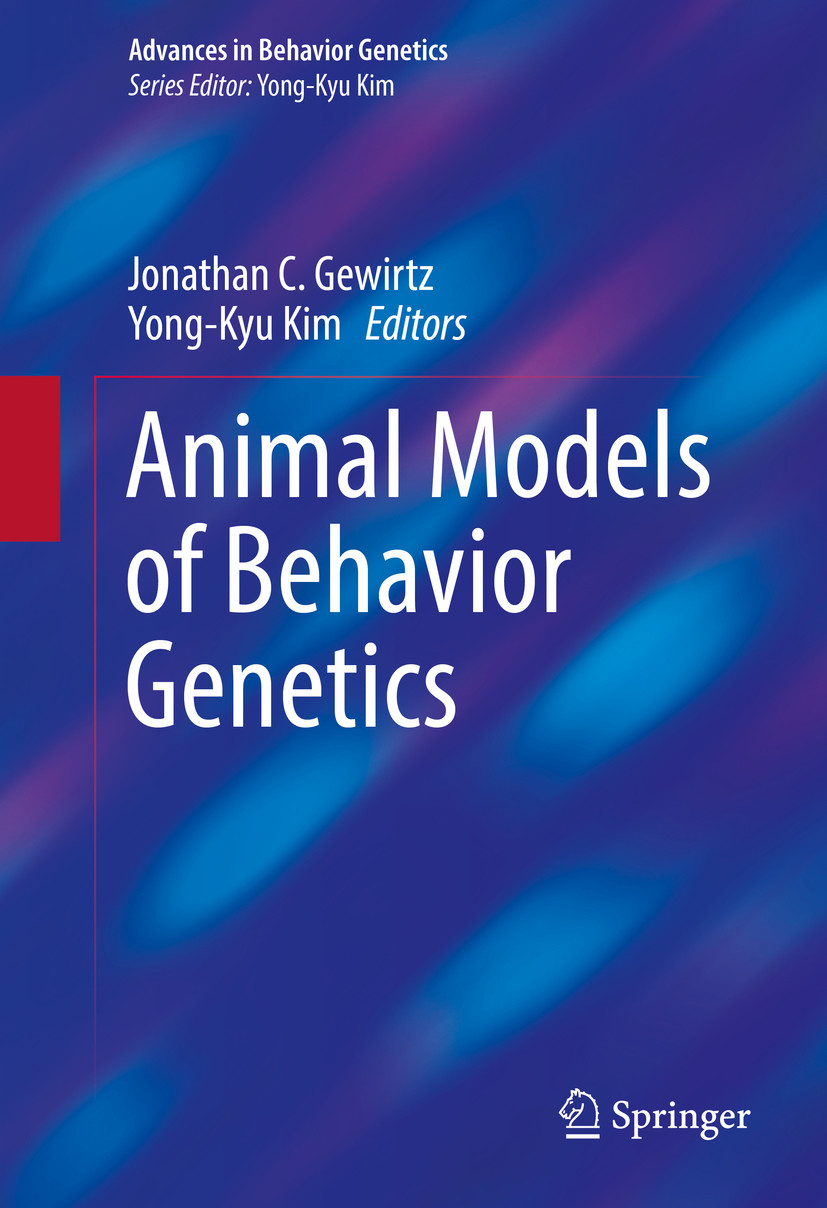Animal Models of Behavior Genetics
| Auflage | 1. Auflage, 2016 |
| Verlag | Springer-Verlag |
| ISBN | 9781493937776 |
Sofort zum Download (Download: PDF)
Produktbeschreibung
This stimulating analysis reviews the broad potential of animal models to foster a deeper understanding of human pathology, strengthen connections between genetic and behavioral studies, and develop more effective treatments for mental disorders. Widely-studied and lesser-used species are examined in models that capture features along the continuum of normative and pathological behavior. The models highlight genetic causes of core features, or endophenotypes, of developmental, internalizing, and externalizing disorders, as well as dementia. Expert contributors address questions ranging from how suitable species are chosen for study to the costs and benefits of using inbred versus outbred strains, and the effects of housing environment on subject animals. Larger issues addressed include how to evaluate the applicability of animal behavioral models to the human condition and how these models can harness emerging molecular technologies to further our understanding of the genetic basis of mental illness.
Jonathan Gewirtz is Associate Professor in the Departments of Psychology and Neuroscience at the University of Minnesota, and Associate Chair of the Department of Psychology. His research uses rodent models to study the biology of negative affective states, including fear, anxiety and drug dependence. He also studies the cognitive and emotional consequences of developmental disorders. He gained his Ph.D. degree at Yale University in 1998. He has taught at the University of Minnesota since 2000, after a period as a post-doctoral fellow in Yale Medical School's Division of Molecular Psychiatry. Yong-Kyu Kim is Senior Scientist in the Department of Biology at Emory University, and Associate Editor of Behavior Genetics. His research includes mating behavior, speciation, sexual selection, and epigenetics using Drosophila as a model system. He received his Ph.D. degree at the City University of New York in 1994 and trained as post-doctoral fellow at SUNY under Professor Lee Ehrman. He has taught several behavior genetics courses at the University of Georgia since 1998. He edited Handbook of Behavior Genetics (2009) and is a co-author of Behavior Genetics and Evolution (3rd ed).
Included in the coverage:
- Mating and fighting in Drosophila.
- Attachment and social bonding.
- Impulsivity in rodents and humans.
- Animal models of cognitive decline.
- Animal models of social cognition.
- Future directions for animal models in behavioral genetics.
A detailed map of where this evolving field is headed, Animal Models of Behavior Genetics shows geneticists, molecular biologists, and cognitive neuroscientists paths beyond established concepts toward a more knowledgeable and collaborative future.
Jonathan Gewirtz is Associate Professor in the Departments of Psychology and Neuroscience at the University of Minnesota, and Associate Chair of the Department of Psychology. His research uses rodent models to study the biology of negative affective states, including fear, anxiety and drug dependence. He also studies the cognitive and emotional consequences of developmental disorders. He gained his Ph.D. degree at Yale University in 1998. He has taught at the University of Minnesota since 2000, after a period as a post-doctoral fellow in Yale Medical School's Division of Molecular Psychiatry. Yong-Kyu Kim is Senior Scientist in the Department of Biology at Emory University, and Associate Editor of Behavior Genetics. His research includes mating behavior, speciation, sexual selection, and epigenetics using Drosophila as a model system. He received his Ph.D. degree at the City University of New York in 1994 and trained as post-doctoral fellow at SUNY under Professor Lee Ehrman. He has taught several behavior genetics courses at the University of Georgia since 1998. He edited Handbook of Behavior Genetics (2009) and is a co-author of Behavior Genetics and Evolution (3rd ed).
